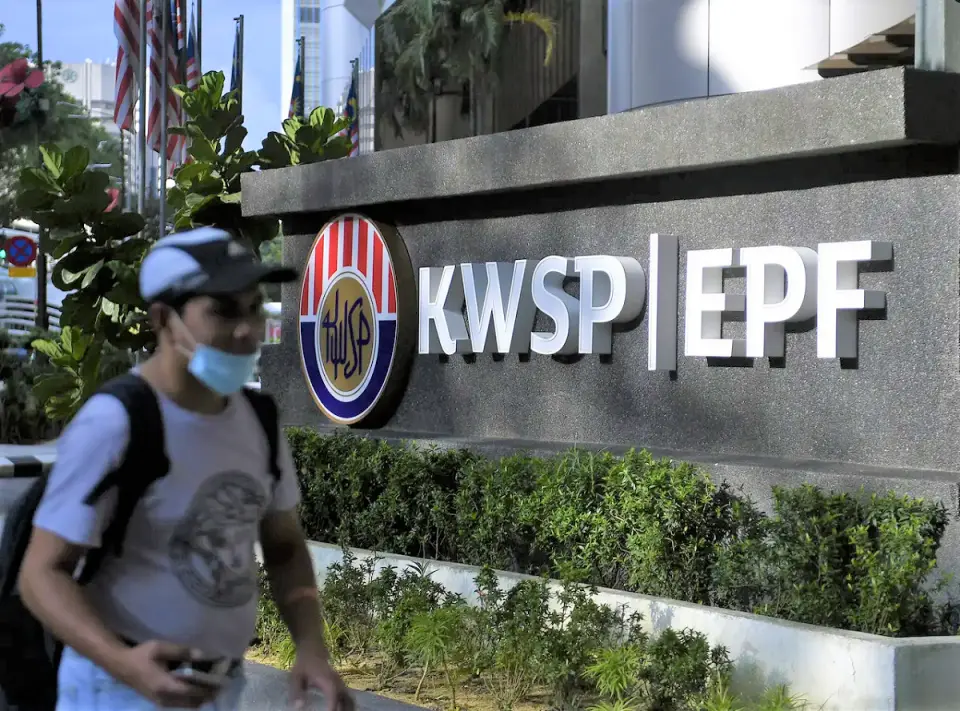KUALA LUMPUR April 2 — The withdrawals under the Employees’ Provident Fund’s (EPF) i-Sinar scheme is seen to have a positive immediate impact on the real economy as it supported domestic consumptions.
Bank Negara Malaysia (BNM) deputy governor Datuk Abdul Rasheed Ghaffour said that in terms of retirement savings, however, the buffer needed to be strengthened and rebuilt.
“That is why the labour market reform is critical in ensuring that people have better jobs, better income so that they could save further to increase their financial buffers in terms of retirement savings,” he said in a webinar organised by the Malaysian Economic Association yesterday.
He said the reform measure in social protection is also important, particularly with regard to the social insurance part and the private retirement scheme, as it could help in strengthening further retirement benefits.
On the i-Sinar withdrawal impact to the financial market, he said BNM’s focus has always been to mitigate the potential impact arising from market destruction that is to ensure sufficient liquidity onshore to support financial stability.
“The debt and liquidity of the onshore financial market had been an important factor in ensuring adjustment had been made broadly and orderly, underpinned by healthy year-to-date daily trading volumes in the forex and bond market,” he said.
MIDF head of research Imran Yusof said he also viewed the i-Sinar withdrawal, particularly the blanket one, as positive to the real economy.
He said the withdrawal also won’t impact EPF’s liquidity which he described as one of the big players in the equity market and has sufficient liquidity to support the market.
“It (EPF) also has a very diversified portfolio in terms of investment such as in fixed income, stock market and properties,” he said.
He said the withdrawal of blanket i-Sinar had also resulted in additional cash in the pockets of those who do not really need the assistance.
“One thing that we noted last year when the blanket loan moratorium was given out was the spare money for those who do not really need them was either being consumed or invested.
“We saw retail participation in the stock market came back in a big way last year. The trend seemed to continue this year as year to date, net buying from retailers amounted to about RM5 billion,” he said.
Meanwhile, Amundi Malaysia chief investment officer for fixed income Eridani Tutiana Jusat said although the i-Sinar withdrawal impact is positive for the local economy, she remained cautious over its impact on the domestic bond market.
“We are a bit cautious because EPF is a big investor in Malaysian government bonds. If there is less support from the EPF on the bond market, this will weigh on the market,” she said.
As of March 14, a total of RM52.48 billion involving 5.94 million applicants for the i-Sinar scheme had been approved.
— Bernama





